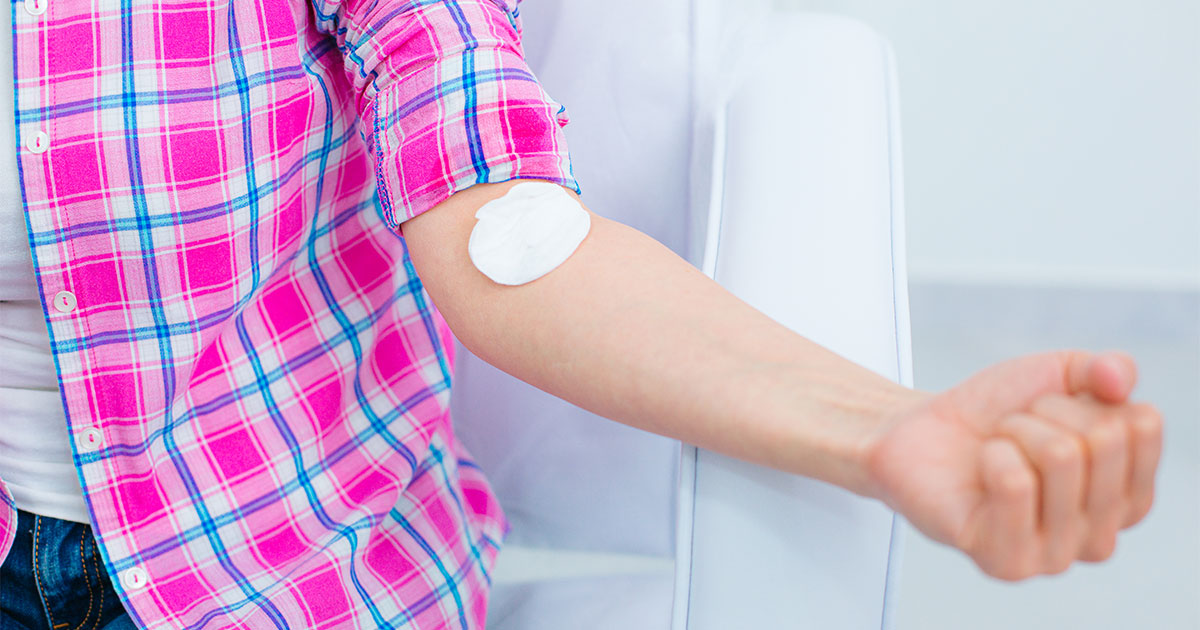How Often Do I Need Blood Work?
How often do you search for a ‘emergency room near me’ on the web? ER of Texas 24-Hour Emergency Rooms (ER) Provide Adult, Children, and Pediatric Emergency Care in DFW metroplex cities. Our emergency rooms are open 24 hours, 365 days a year. Each 24-hour emergency room in Texas is staffed with board-certified ER physicians, licensed nurses, and trained, experienced support staff.
One of the most effective ways to keep track of your physical well-being is to have regular blood tests, which can be obtained through a procedure called venipuncture. Getting tested at regular intervals can help you recognize how your body changes over time and empower you to make better healthcare decisions.
Even if you’re seemingly well or have a minor health issue, most health consults include a routine blood test. But what are doctors looking for in these blood work numbers? And how frequently do we have to have blood drawn? Here is a guide to keep you informed.
What is actually being checked or monitored in a general blood test?
Blood tests are critical when it comes to evaluation of changes in the body over time, as well as assisting in early diagnosis of possible health issues. Also, any change in your body caused by any medical condition will first reflect in your blood, therefore it becomes easy to identify.
What are Blood Tests Used For?
Routine blood work tests measure or examine cells, chemicals, proteins, and other substances in the blood; these tests are typically involved in a regular check up with a primary care doctor. This type of test does the following:
- Diagnoses Conditions
- Monitors Chronic Diseases (e.g., Diabetes or High Cholesterol)
- Checks on Organ Function
- Monitor Treatment Success
- Diagnoses Bleeding or Clotting Disorders
- Determines if Immune System is Fighting Infection
Your physician will prescribe routine blood work based on your age, gender, medical history, and family risk factors. Blood sugar tests, routine tests for blood cell counts, and metabolic functions (how your body converts what you eat and drink into energy) are done as part of the baseline tests. In most cases, your doctor will order panels that check several things simultaneously. Some of the most common blood tests in general care are as follows:
1. Complete Blood Count (CBC)
Red blood cells, white blood cells, and platelets are checked during a Complete Blood Count (CBC) test. These tests allow doctors to determine if there is a problem with your blood cell levels. The amount of hemoglobin in your blood is also measured by blood cell counts. Hemoglobin is the primary oxygen-carrying pigment in the blood. In addition to hemoglobin, blood cell counts reflect hematocrit or the volume of blood containing red blood cells. Any abnormal increase or reduction indicates an underlying health issue and should be investigated further.
2. Basic Metabolic Panel (BMP)
A Basic Metabolic Panel (BMP) tests blood filtration, blood sugar, and electrolyte levels to determine renal function, lung function, and blood sugar levels. This test can detect common kidney, lung, and diabetes or pre-diabetes issues. A metabolic panel, tests for the following:
- Mineral ions and electrolytes such as chloride, potassium, calcium, and sodium.
- Markers and enzymes secreted by the liver, spleen, kidneys, and glands.
- Urea, ammonia, and creatinine like excretory products.
- Blood sugar levels and specific proteins that indicate organ function.
The test is extremely specific and accurate. Observing abnormal numbers on a metabolic panel can often detect several early symptoms of a disease.
3. Lipid Panel
Triglycerides, which are fat droplets that float freely in the blood, and cholesterol, which is a complex fat molecule – both occur in the blood. The lipid panel is a crucial risk assessor for heart disease since it assesses the level of these chemicals in your blood. Obese persons, people with a family history of heart disease, and people reaching middle age are all candidates for this test. The test examines:
- Triglycerides
- High-density lipoprotein (aka good cholesterol)
- Low-density lipoprotein (aka bad cholesterol)
- Very-low-density lipoprotein (aka the component that creates the greatest risk of heart diseases)
Other commonly prescribed blood tests include:
- Mineral Panel Test – Many individuals have inadequate amounts of iron, vitamin D, and vitamin B12. Nutrient testing can detect these deficiencies.
- Thyroid Stimulating Hormone (TSH) Test – Thyroid testing examines the thyroid gland, which controls important hormones and impacts mood, energy, and metabolism.
- Hemoglobin (Hgb) Test – A hemoglobin A1C test provides a more accurate overall picture of blood sugar for diabetic individuals than basic glucose testing.
- C-Reactive Protein (CRP) Test – The liver creates a protein called C-Reactive Protein when the body is inflamed. Massive trauma, intoxication, poisoning, autoimmune illnesses, and cardiac disease are possible causes. C-Reactive Protein tests are critical in detecting major disorders, such as heart disease.
Blood Tests at ER of Texas Emergency Centers
If you have concerns about your health, you can go to your local emergency care center and ask them to conduct a blood test for you. They will also go over the results with you to help you better understand your condition and what decisions you need to make to live a long and healthy life.
We have 9 facilities spread across the DFW area that are OPEN 24/7 located in Hurst, Colleyville, Frisco, Highland Village, Hillcrest, Uptown, Little Elm, Mansfield, and Texoma.



.jpg)